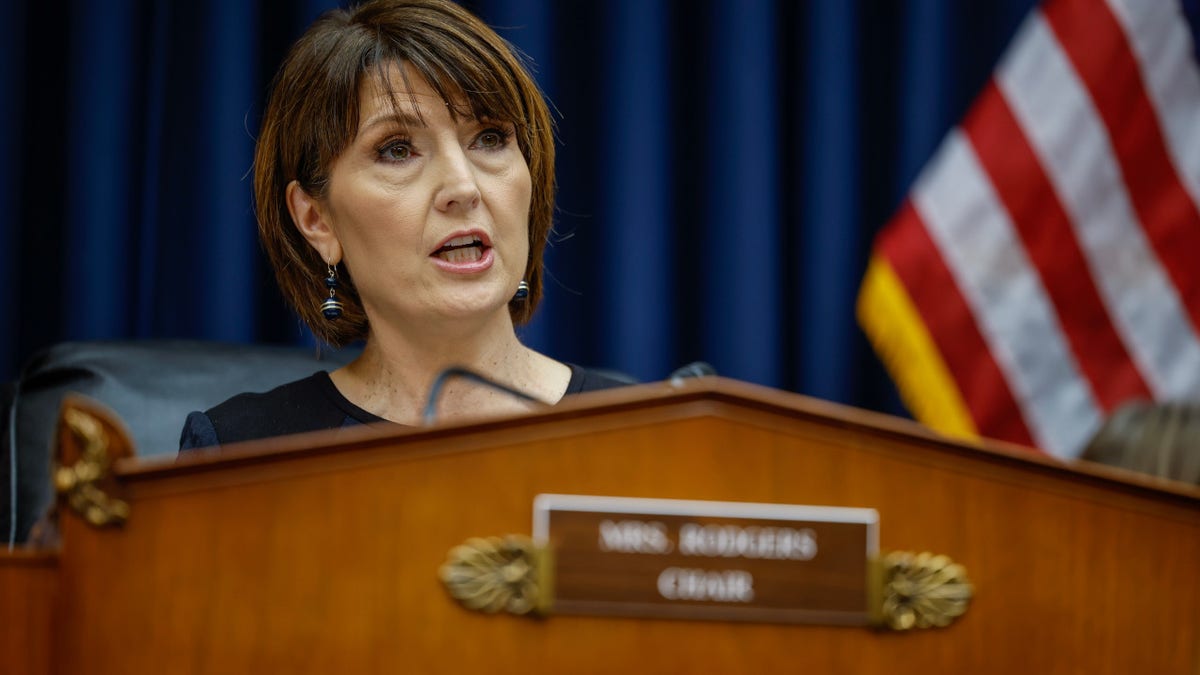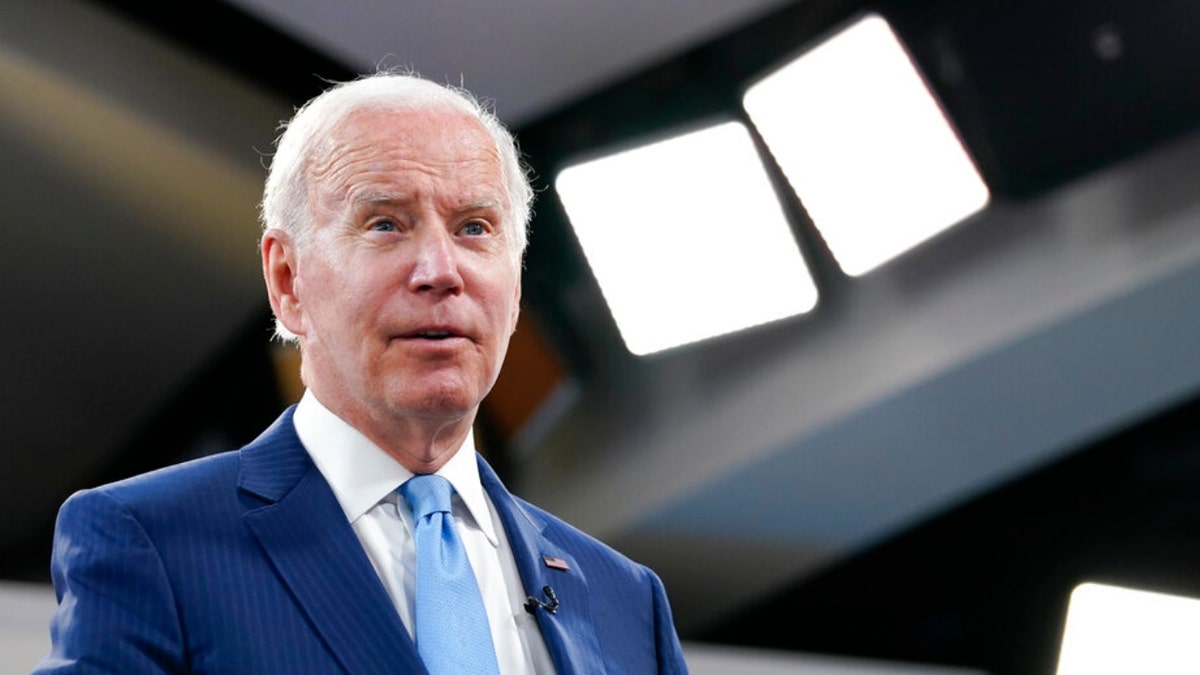The House of Representatives recently made a small but significant stride towards regulating artificial intelligence (AI) by approving a bill that directs the government to study AI accountability. The AI Accountability Act, passed unanimously by the House Energy and Commerce Committee, mandates the Commerce Department to investigate how accountability is being integrated into AI systems used in communication networks and electromagnetic spectrum sharing, along with exploring ways to mitigate risks.

The bill also requires the Commerce Department to evaluate how these accountability measures can contribute to establishing the trustworthiness of AI systems and to provide recommendations within 18 months. While this bill has a limited scope and its future in the House is uncertain, it represents one of the most promising efforts this year to begin regulating AI.
This action comes amidst growing calls for AI regulation. While the House has included AI provisions in the National Defense Authorization Act, focusing on assessing vulnerabilities and promoting the use of AI for national security, it has yet to pass a dedicated AI bill. Similarly, the Senate has held listening sessions on AI, led by Majority Leader Chuck Schumer, but concrete regulatory actions are still pending. The Biden administration has implemented voluntary AI standards with some companies, but acknowledges the need for congressional action on comprehensive regulations.

Experts are urging Congress to accelerate its efforts. Some argue that the current pace is insufficient given the rapid advancements in AI technology. They emphasize the need for swift and robust legislation to ensure responsible and ethical AI deployment, preventing potential misuse by Silicon Valley.

The recent debate surrounding the AI Accountability Act highlights the nascent stage of congressional discussions on AI regulation. An amendment proposed by Rep. Jay Obernolte underscores the need for a clear understanding of key terms like "trustworthy," "responsible," and "human-centric" in the context of AI, reflecting the ongoing effort to define the parameters of future AI oversight.








